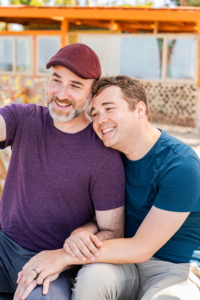Shanah Tovah | Happy New Year!
We Were Strangers, Too
September 2015 | Rosh Hashana 5776
Dear Reader,
Next week we will celebrate the beginning of the Jewish new year and the end of our year-long sabbatical for the land (shmita, or “release”). We’ve spent the past year practicing our work through the lens of shmita and its themes of social justice.
Now that shmita is ending, we are struck by another theme from Jewish texts and what looks to be the humanitarian crisis of our time. The text comes from this very important and resonant passage from the Torah.
“The stranger that lives with you shall be to you like the native, and you shall love him [or her] as yourself; for you were strangers in the land of Egypt. (Leviticus 19:34)
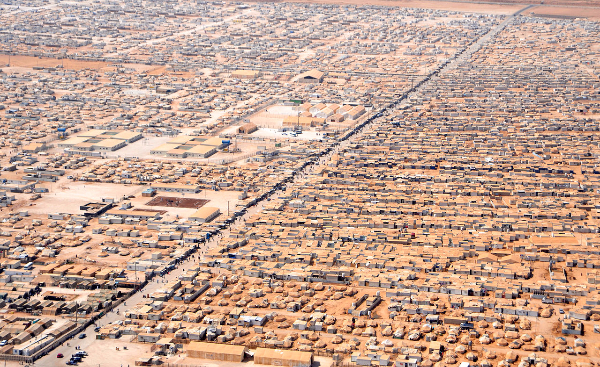
Za’atri camp for Syrian refugees in Jordan
The Syrian refugee crisis currently (and for a long time) unfolding half the world away has been on our minds at Leichtag Foundation as we prepare for the Jewish high holy days. These holidays, Rosh Hashanah (Jewish new year), Yom Kippur (Day of Atonement), and Sukkot (see next paragraph) are critical days of reflection. How can we, the people who have been refugees and strangers generation after generation, do more to address this crisis just 70 years after the Holocaust?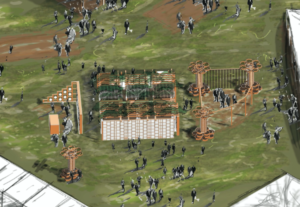
Further, we are building a fantastic sukkah (temporary hut) for our upcoming celebration Sukkot Harvest Festival. The reason we build thesesukkot (plural of sukkah) during this holiday is to commemorate the time the Jewish people were refugees, wandering the desert and homeless.
During this time we are instructed to welcome the stranger, no matter their faith or background, to share the hospitality we’ve received with others.
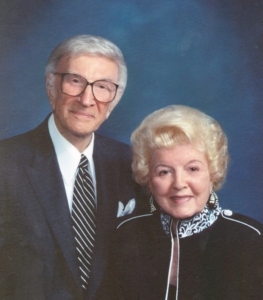
Lee and Toni Leichtag, who generously left their wealth for our community’s benefit, were both descendants of refugees. Their experience, coming up through poverty, never escaped them and it mustn’t escape us.
The Leichtag Foundation is currently fully engaged in assessing how we can best welcome and support the Syrian refugee community in the weeks and months ahead. Working closely with partners, we are exploring opportunities to welcome Syrian refugee families to San Diego and to put the Jewish imperative of “loving the stranger” into practice.
Just yesterday, President Obama approved entry for 10,000 additional refugees. This is important progress but there is a far greater need. If you feel accordingly, please continue to petition your elected legislators or sign this petition by HIAS. We will update you as we learn more, and we hope to see you here for Sukkot Harvest Festival.
Though we cannot do everything, we must do something, and like Lee and Toni, we feel blessed to have the opportunity to help.
Shanah tovah!


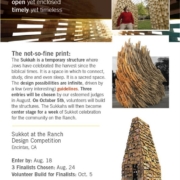
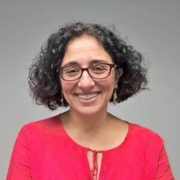
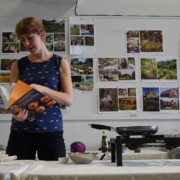
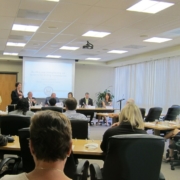

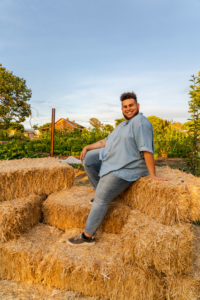 Black, Jewish and Queer. These three identities weave the fabric of who I am, but it took a long time to believe that they could exist together.
Black, Jewish and Queer. These three identities weave the fabric of who I am, but it took a long time to believe that they could exist together.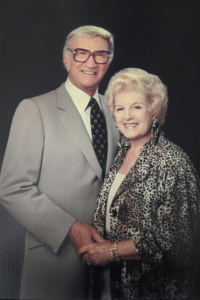 Lee and Toni Leichtag established the Leichtag Foundation in 1991 following the sale of their business. Lee and Toni were lifelong entrepreneurs with a passion for innovation and for supporting talent. They believed that only with big risk comes big reward. Both born to families in poverty, Toni to a single mother, they strongly believed in helping those most in need and most vulnerable in our community. While they supported many causes, their strongest support was for young children and the elderly, two demographics who particularly lack voice in our society.
Lee and Toni Leichtag established the Leichtag Foundation in 1991 following the sale of their business. Lee and Toni were lifelong entrepreneurs with a passion for innovation and for supporting talent. They believed that only with big risk comes big reward. Both born to families in poverty, Toni to a single mother, they strongly believed in helping those most in need and most vulnerable in our community. While they supported many causes, their strongest support was for young children and the elderly, two demographics who particularly lack voice in our society.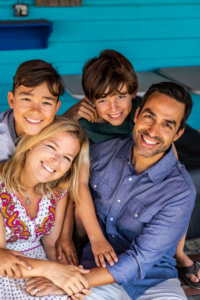 Lifelong Baltimoreans, Rabbi George and Alison Wielechowski and their sons, 11-year-old Lennon and 9-year-old Gideon, are more than pursuing the good life in Southern California. Having moved to San Diego more than three years ago, they are fulfilling a lifelong dream.
Lifelong Baltimoreans, Rabbi George and Alison Wielechowski and their sons, 11-year-old Lennon and 9-year-old Gideon, are more than pursuing the good life in Southern California. Having moved to San Diego more than three years ago, they are fulfilling a lifelong dream.
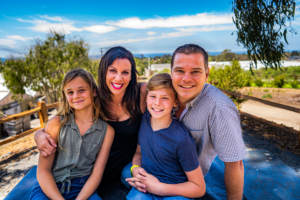
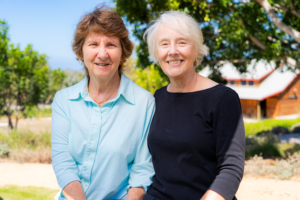

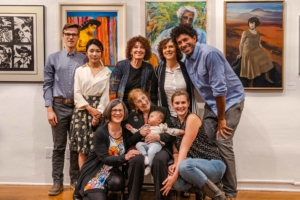
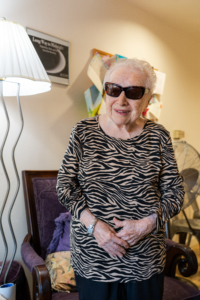
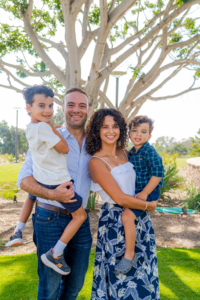
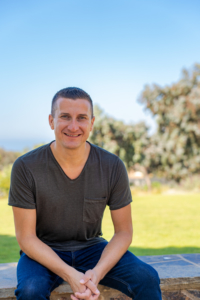 You would think that as the executive director of San Diego LGBT Pride, Fernando Zweifach López Jr., who uses the pronoun they, has done all the coming out they possibly can. A queer, non-binary individual who has worked for many years on civil rights issues, López also speaks openly and often about their father’s family, Mexican-American migrant workers who tilled the fields of rural California.
You would think that as the executive director of San Diego LGBT Pride, Fernando Zweifach López Jr., who uses the pronoun they, has done all the coming out they possibly can. A queer, non-binary individual who has worked for many years on civil rights issues, López also speaks openly and often about their father’s family, Mexican-American migrant workers who tilled the fields of rural California.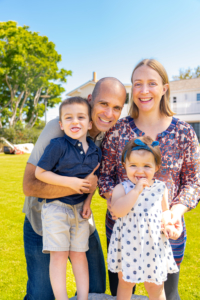 Stacie and Jeff Cook understand commitment. They live it.
Stacie and Jeff Cook understand commitment. They live it.